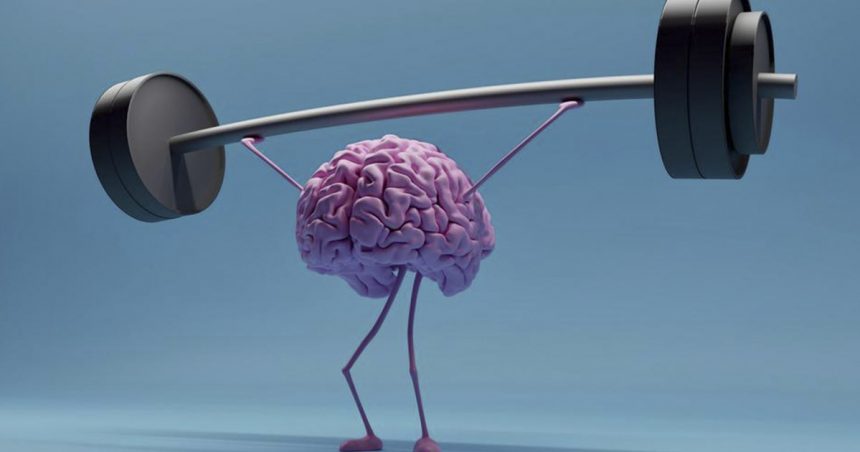Nutrition plays a crucial role in both physical and mental health. The impact of food on our brain health goes beyond just providing energy. It can influence our mood, emotions, cognition, and even mental disorders like depression. Nutritional psychiatrists often recommend dietary changes, including addressing deficiencies in vitamins that are known to affect mood and cognitive function.
The most important vitamin for brain health
Dr. Uma Naidoo, a renowned nutritional psychiatrist, emphasizes the importance of B vitamins for maintaining brain health as we age. B vitamins are essential for various bodily functions and have been linked to mental well-being.
B vitamins and their benefits
Studies have shown that a deficiency in B vitamins can increase the risk of neurological diseases and mental impairments. Each of the eight B vitamins plays a unique role in supporting mental health.
Vitamin B1
Vitamin B1, also known as thiamin, is crucial for normal cell function, including brain cells. A deficiency in thiamin can lead to neurological issues.
Vitamin B2
Vitamin B2, or riboflavin, is necessary for enzyme function, cell growth, energy production, and fat breakdown. Deficiency in riboflavin can result in fatigue.
Vitamin B3
Vitamin B3, or niacin, aids in energy production, enzyme function, and acts as an antioxidant. It may help reduce inflammation in the body.
Vitamin B5
Vitamin B5, or pantothenic acid, is essential for fatty acid metabolism and energy production.
Vitamin B6
Vitamin B6, or pyridoxine, supports brain health, immune function, and various chemical reactions in the body.
Vitamin B7
Vitamin B7, or biotin, plays a role in cellular signaling and neurotransmitter communication in the brain.
Vitamin B9
Vitamin B9, also known as folate, is essential for brain and psychological health.
Vitamin B12
Vitamin B12, or cobalamin, is important for red blood cell and DNA formation, nervous system function, and homocysteine regulation to support heart health and cognitive function.
Foods rich in B vitamins
Dr. Naidoo recommends consuming B vitamins through whole foods rather than supplements. B vitamins are water-soluble and need to be consumed regularly. Foods like eggs, yogurt, legumes, salmon, sunflower seeds, and leafy greens are good sources of B vitamins.
Further studies on B vitamins and mental well-being
Research has shown a correlation between vitamin B deficiencies and mental health issues such as depression. High doses of vitamin B6 have been linked to reduced anxiety and depression symptoms in some studies. While more research is needed, the potential of nutrition-based treatments for mental health is promising.
Sources
- “A Harvard nutritionist shares the No. 1 vitamin that keeps her brain ‘young and healthy’—and foods she eats ‘every day’.” CNBC. Dr. Uma Naidoo. August 5, 2022
- “Can Nutrient Deficiency Cause Depression?” Very Well Mind. Nancy Schimelpfening. January 28, 2021
- “Can a B-12 Deficiency Cause Depression?” Healthline. Jennifer Purdie. January 26, 2017
- “Vitamin B6 supplements could reduce anxiety and depression.” Science Daily. University of Reading. July 19, 2022.






